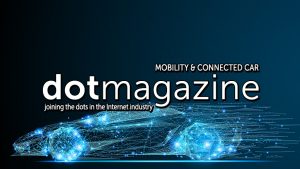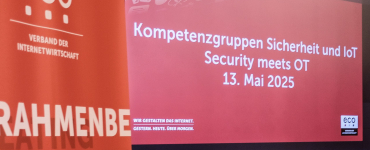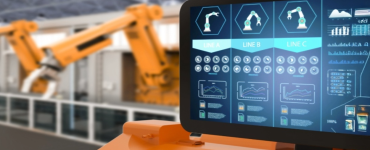In addition to the question about propulsion, digitalization is also having a disruptive effect on the automotive industry. Matthias Loebich, Industry Leader for Production Industries at BearingPoint, provides us with a brief outlook on the future of the industry. The qualified industrial engineer has more than 18 years of experience in the consulting sector, especially in the automotive industry.
Mr. Loebich, when do you expect that cars will be able to drive reliably on their own – and why?
I expect that we will see the first fully reliable and autonomous vehicles by about 2025. The technological complexity which needs to be mastered and the necessary conditions, including the legal framework, simply require time to attain a level of reliability and safety similar to what we are currently accustomed to from the non-autonomous automotive world.
It is also important to gain the acceptance and trust of society for these new technologies, and to understand their advantages – this a major transformation process.

Where will the artificial intelligence be found in cars –in the vehicle or rather in the cloud?
It will probably be a hybrid model, i.e. the vehicle will be equipped with artificial intelligence for safety-related or time-critical components, so that autonomous “decisions” can be made in the vehicle.
Other components will certainly be provided via the cloud. For example, when data from other road users are required – here, we talk about “swarm intelligence” – such as real-time road conditions, connectivity with the infrastructure, and so on.
There is a lot telemetry data in cars. How do you think that manufacturers will solve the capacity constraints in data exchange and processing?
The most probable solution is that a preselection or initial analysis of the data in the vehicle has to be performed by artificial intelligence (AI) in order to filter and report the truly relevant events. At the moment, this seems to be the only possible solution for managing the data volume in a sensible way.
How digital is your current car? And which functions do you wish to see implemented in the future?
My vehicle is partly digitalized, which means that it is equipped with some assistance systems, such as online navigation, and so on.
Functions that I would like to see in future vehicles include, for example, semi-autonomous driving, additional safety and assistance systems (such as a car park finder) and automatic re-charge systems (e.g. in an electric car) – applications that make driving more efficient and safer overall or which reduce the stress factor (e.g. in traffic jams).
On June 27, 2018, Matthias Loebich will be speaking at the eco Academy in Munich about “key trends in automotive digitalization” (German language LINK).




